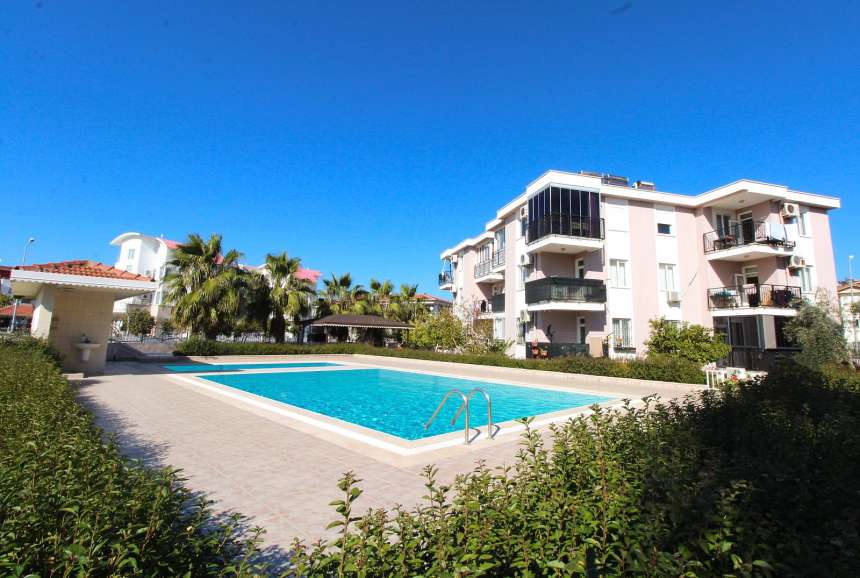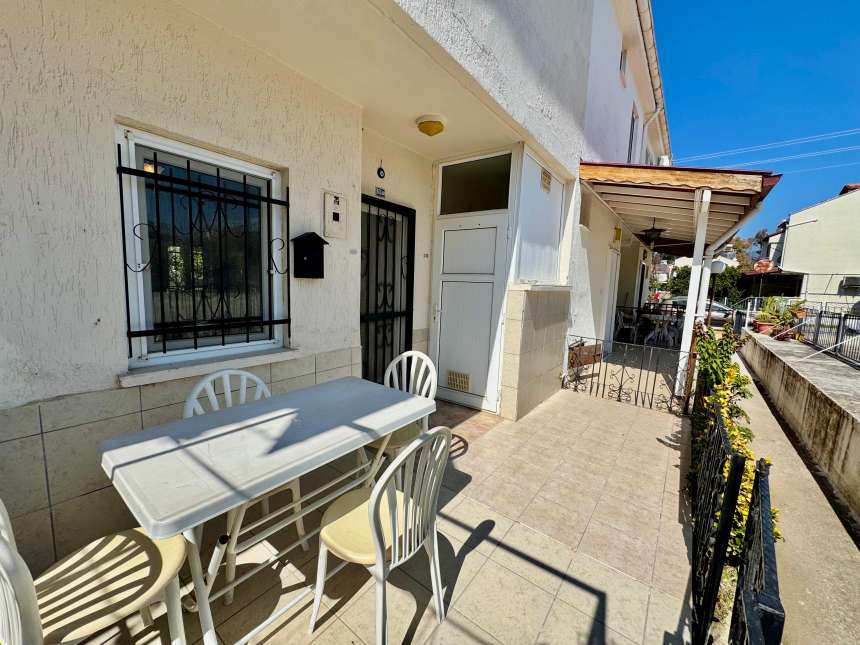5 Common Misconceptions about Turkey
In the past, many misconceptions about Turkey floated around the globe. Thankfully, the internet, mass publicity campaigns and increased tourism have laid the more ridiculous myths to rest. These false stories ranged from forbidden alcohol, or the widely publicised untrue version of Midnight Express. Unfortunately, from time to time, we still hear a few misconceptions about the country that mostly stems from a lack of knowledge or misunderstanding. It is time to lay those to rest as well.
5 Common Misconceptions about Turkey
1: The UK Travel Office Advises Against Travelling to Turkey
The UK has NEVER advised against travelling to Turkey. Unfortunately, in this day and age, people tend to skim read information on the Internet and miss vital points in the process. For many years, a standard warning by the UK has been in place that recommends against travel to the region neighbouring Syria. They also suggest all but essential trips to surrounding areas such as Mardin and Gaziantep. 2.5 million Brits visit Turkey every year, and along the west and south coast, as well as Istanbul, many expats live in Turkey all year round.

2: Turkey is Too Close to Syria
As mentioned above, Turkey does share a border with Syria, and this puts some people off, but it is the 37th largest country in the world, and tourist hotspots like Istanbul, Cappadocia, as well as the Aegean and Mediterranean coasts are at a significant distance from this border.
So, for example, from Istanbul to the border it is 1125 kilometres. This is further than Istanbul to Greece, or Istanbul to Bulgaria, and the same distance from Istanbul to Italy. The bordering area is a hotspot, but due to the large land mass of Turkey (783,562 km2), much of the country is unaffected.
To put it into perspective, Turkey is three times bigger than the UK, two times bigger than Germany and six times bigger than Greece.

3: Turkey is a Landlocked Desert Country
This misconception couldn’t be further from the truth. Turkey DOESN’T have any deserts. What it does have is a variety of landscapes which naturally occur because the country has three different climate zones. 9,820km2 is inland freshwater sources such as lakes and rivers, and 15% is green forest lands.
The diversity of landscapes from the Kackar mountains of the northeast to the rocky terrain of the central Anatolian region is staggering but one of the reasons why it does well as a beach holiday, and expat destination, is that three-fourths of its boundaries are coastline facing the Aegean, Mediterranean, Black and Marmara seas.
4: Turkey is Unsafe
Unfortunately, this misconception just doesn’t seem to go away, and it is understandable given the fear of terrorism across the globe. Terrorism is a daily aspect of life now, and every country faces a threat.
In 2016, Turkey endured a series of deadly attacks from the east to the west, which affected its tourism industry. However, the Turkish government increased security procedures and systems to combat this threat. It worked.
In 2017, only one attack on New Year’s Eve occurred in Turkey. The rest of the year went smoothly, and tourists started coming back to the country. Airlines have increased their flight seat capacity, and in 2018, foreigners bought just over 22,000 homes. Indeed, industry experts say Turkey will enjoy a record-breaking year when it comes to welcoming foreign tourists to its shores.

5: Is Turkey Named after Turkey?
On a lighter note, this is more of a genuine question than a misconception. Every Thanksgiving and Christmas, families sit down to eat Turkey and wonder whether its name is a connection to the country. We have researched this, and the consensus is that the name came about from a misunderstanding.
The name of the bird first appeared in the 16th century. The English were obsessed with imports from Turkey and labelled everything as such, even if the Constantinople traders were bringing it in via another country. For example, they called flour, Turkey flour and the bird, imported from Africa, Turkey bird.
When English settlers landed in America at the beginning of the 17th century and saw a similar bird, they assumed it was the same species and just shortened the name to Turkey.
Finally, just in case you did not know, camels are not native to Turkey, but you will see some in the tourist hotspots, we do not live on a solid diet of kebabs, we don’t make women cover up, and it is impossible to stereotype our diverse culture. We also have thousands of historical sites, landmarks of natural beauty and delicious food that await everyone who wants to experience the delights of Turkey for themselves.









